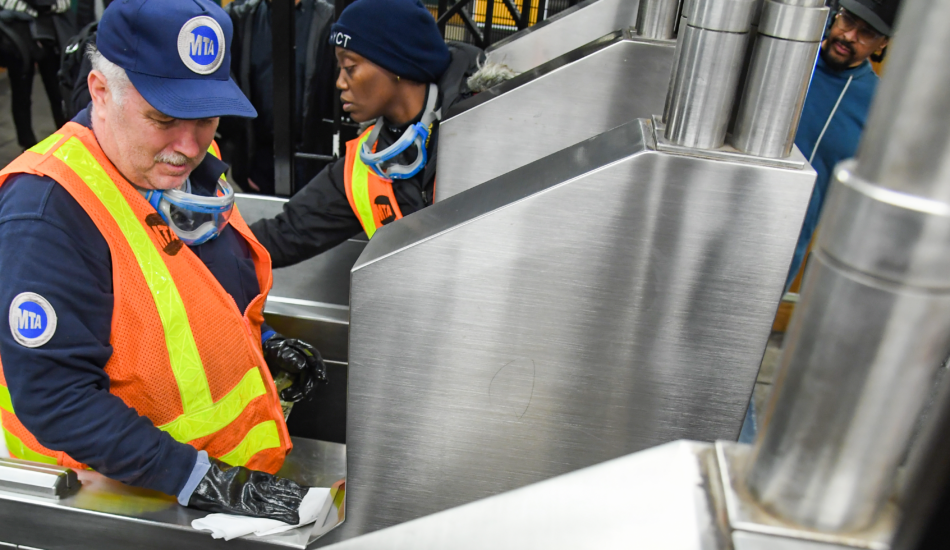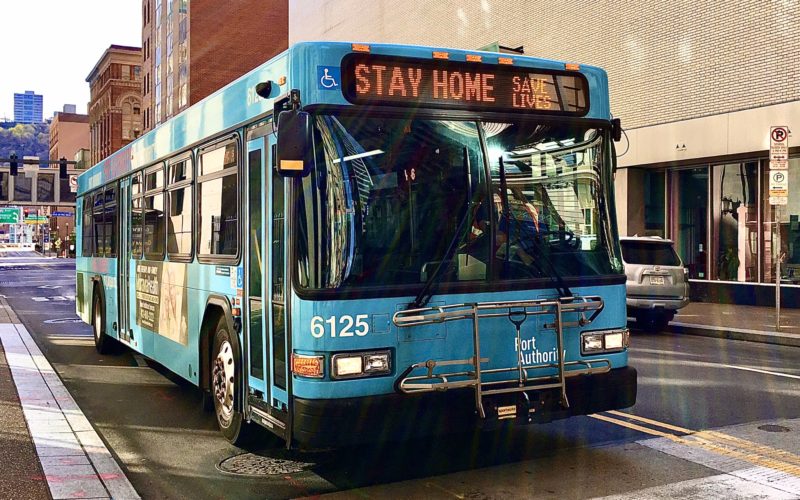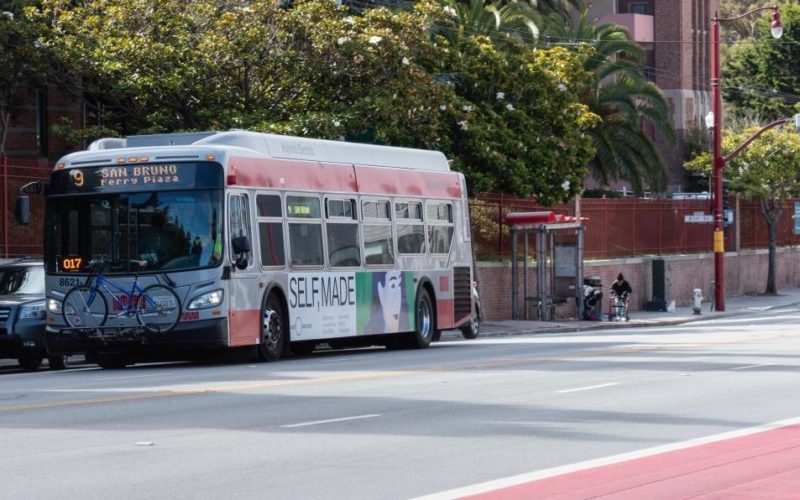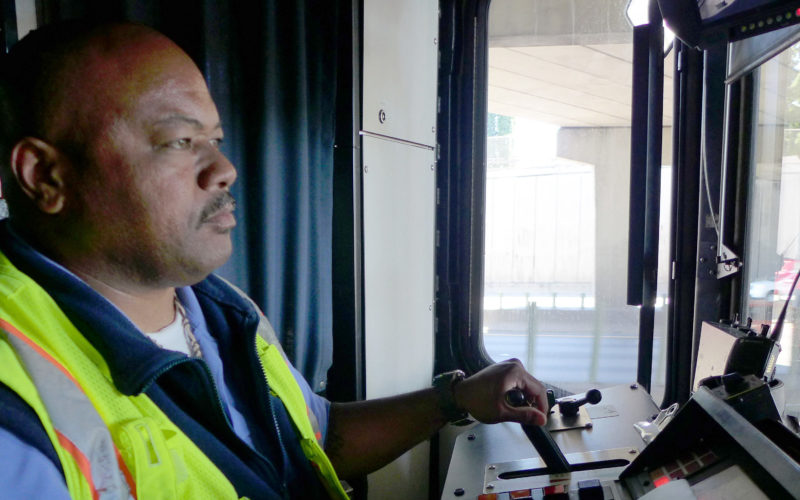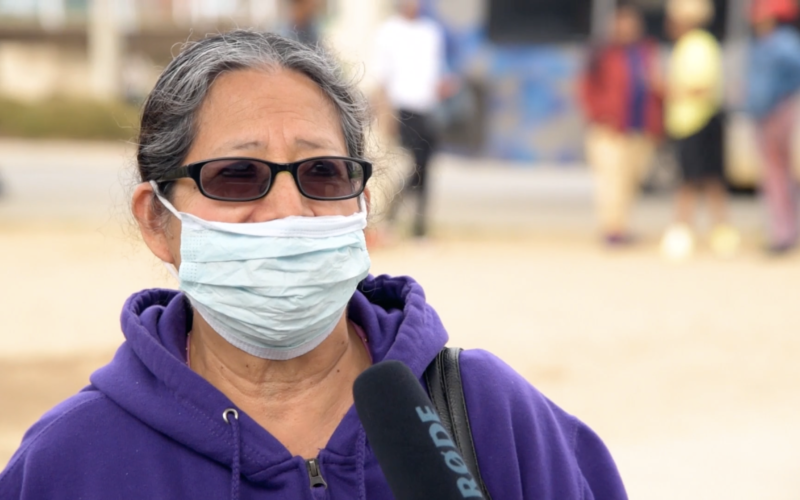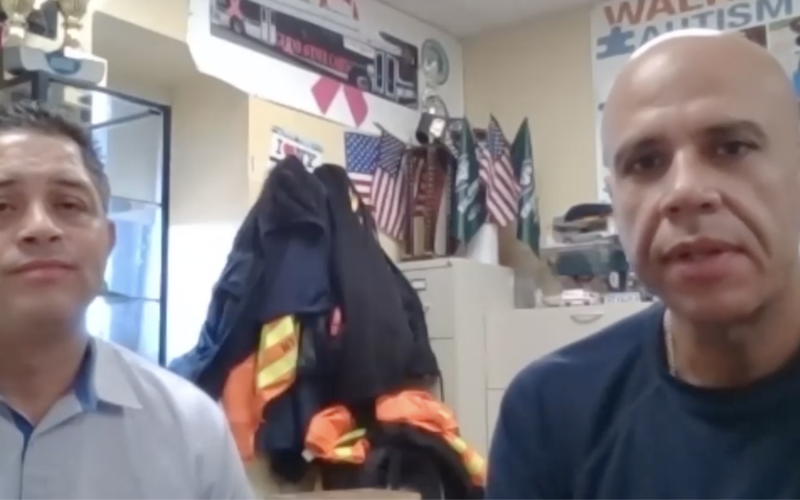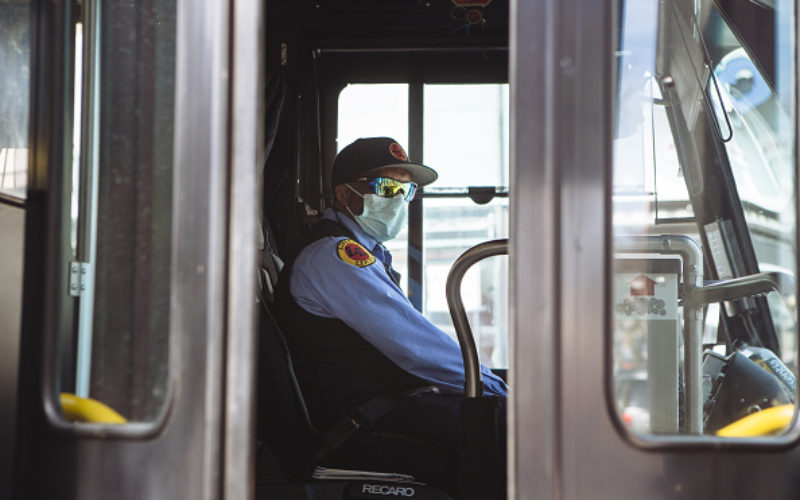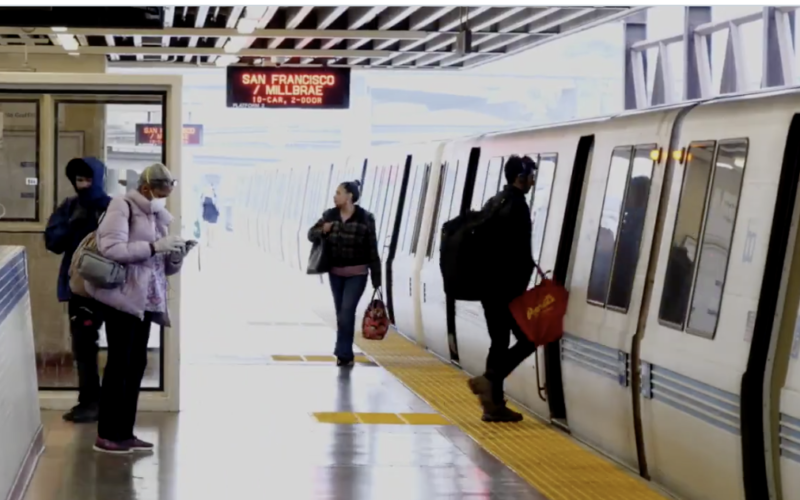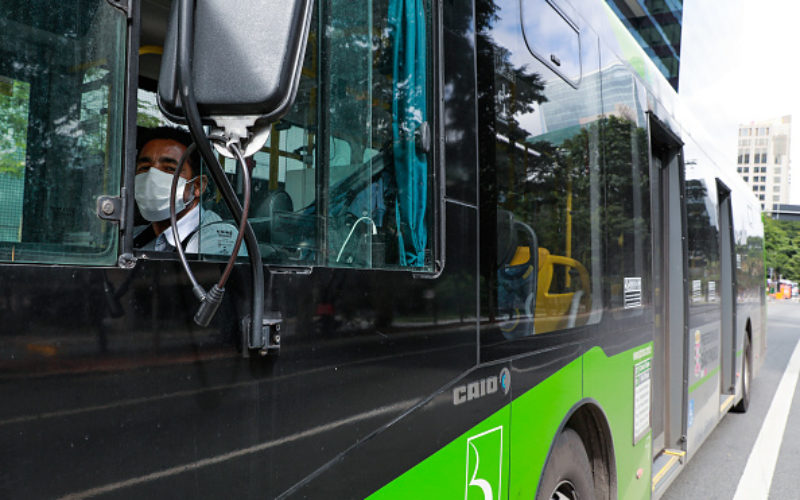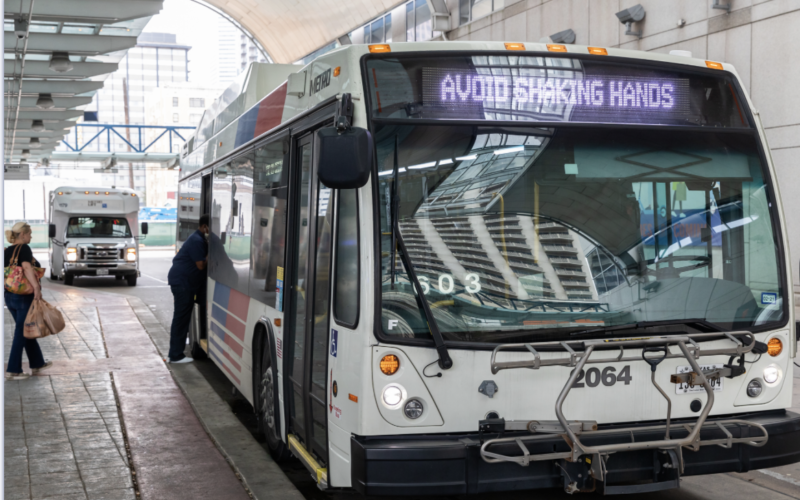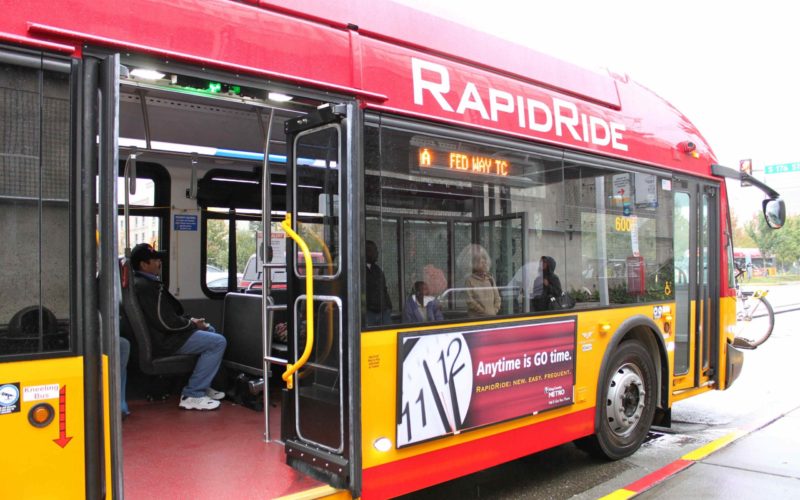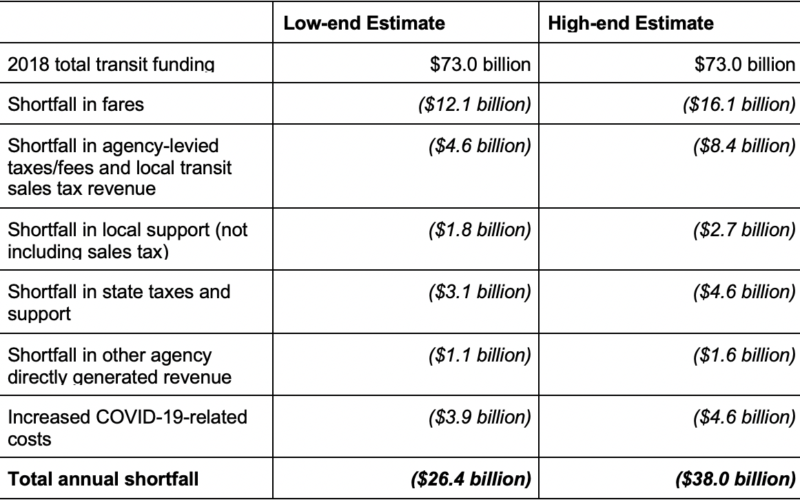We estimate that over the next 12 months, the MTA faces an operating shortfall of $8-$11.5 billion. This means that, after stimulus funding from the CARES Act is taken into account, the MTA faces a shortfall of at least $4.4-$8.0 billion.
Pittsburgh's transit agency, Port Authority, has demonstrated a remarkable degree of flexibility since the COVID19 crisis began.
Read MoreRecalibrating service provision is critical to enabling essential trips while minimizing the public health risks associated with crowding on transit vehicles. In this post, we provide an overview of the initial steps some agencies have taken to reallocate service along essential routes.
Frontline transit workers – especially vehicle operators – are more likely than non-frontline workers to be people of color or to come from low-income households.
Among the many unsung heroes of this moment, transit advocates throughout the United States are mobilizing to win the transit resources to keep our cities running.
Read MoreBus operators enable essential mobility for hundreds of thousands of workers providing medical care, food, and other critical needs in New York during the COVID-19 emergency. Keeping bus operators safe keeps the whole city safe.
Read MoreTransit workers are at heightened risk as they transport nurses, doctors, and other essential workers. They must receive necessary protections to stay safe on the job.
Bay Area Rapid Transit's communications around COVID-19 have emerged as an invaluable resource for the media, riders, and elected leaders to learn about the crisis facing transit.
Bus and train operators, maintenance workers, crews disinfecting vehicles, and the entire transit workforce are bravely moving millions of essential workers in the United States. Transit agencies and government officials handling the pandemic response must ensure that proper measures are in place to protect transit workers.
Read MoreAs the COVID-19 pandemic changes how transit agencies around the country operate, Houston Metro has quickly emerged as a leader.
Workers classified as essential during the COVID-19 emergency account for 36 percent of total transit commuters in the United States. Service must be maintained to allow for safe spacing on buses and trains.
We estimate that, depending on the extent of social distancing measures that are required over the next year, transit agencies could see an annual shortfall of $26-$38 billion. In this summary, we provide snapshots of current impacts on local agencies and provide two scenarios outlining the potential cumulative impact on transit agencies nationwide.
Read More